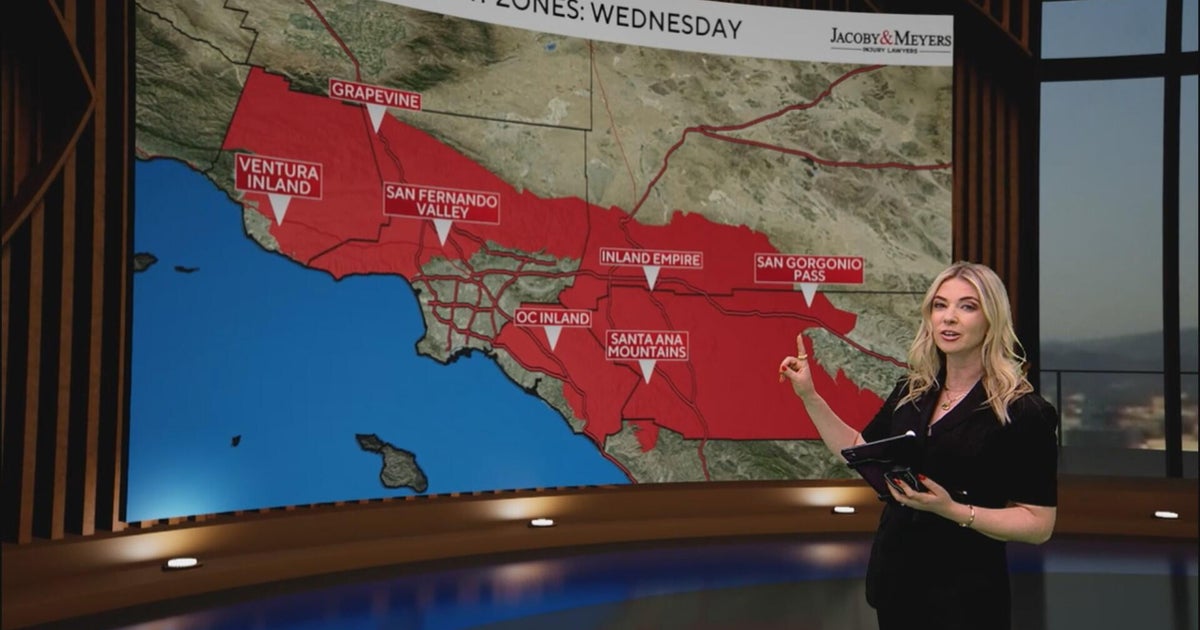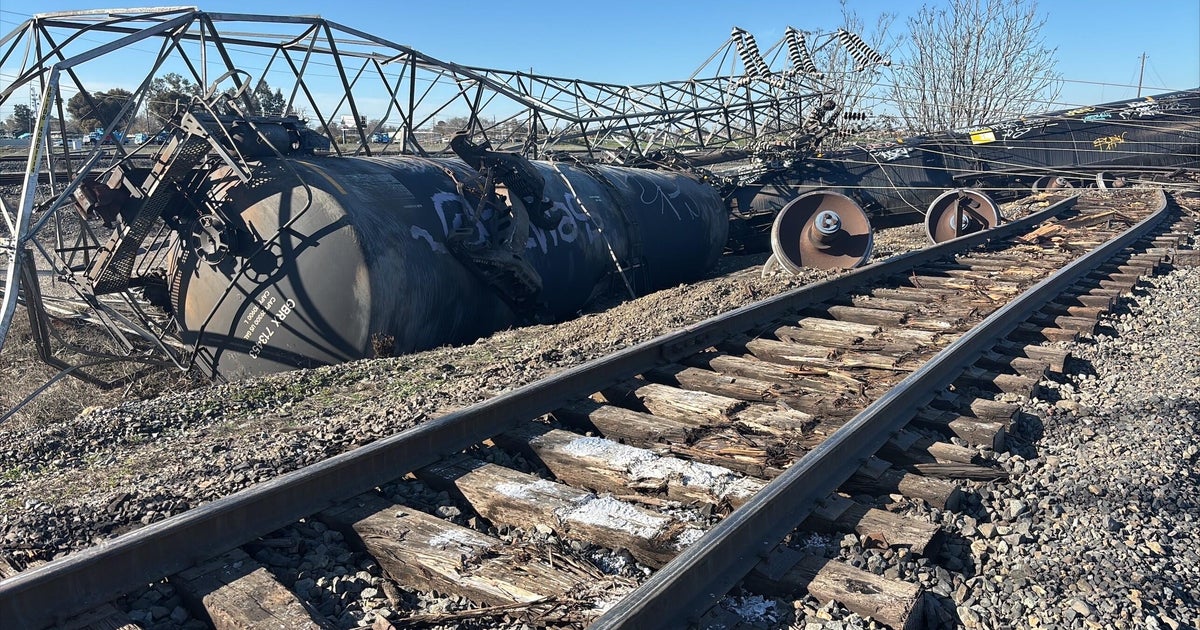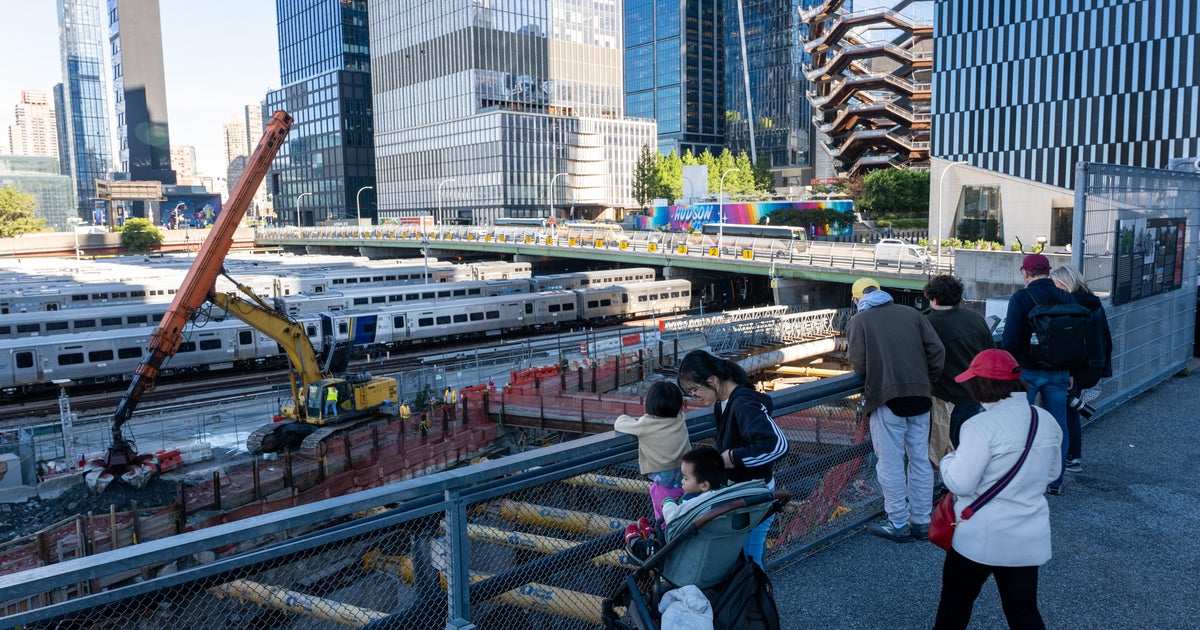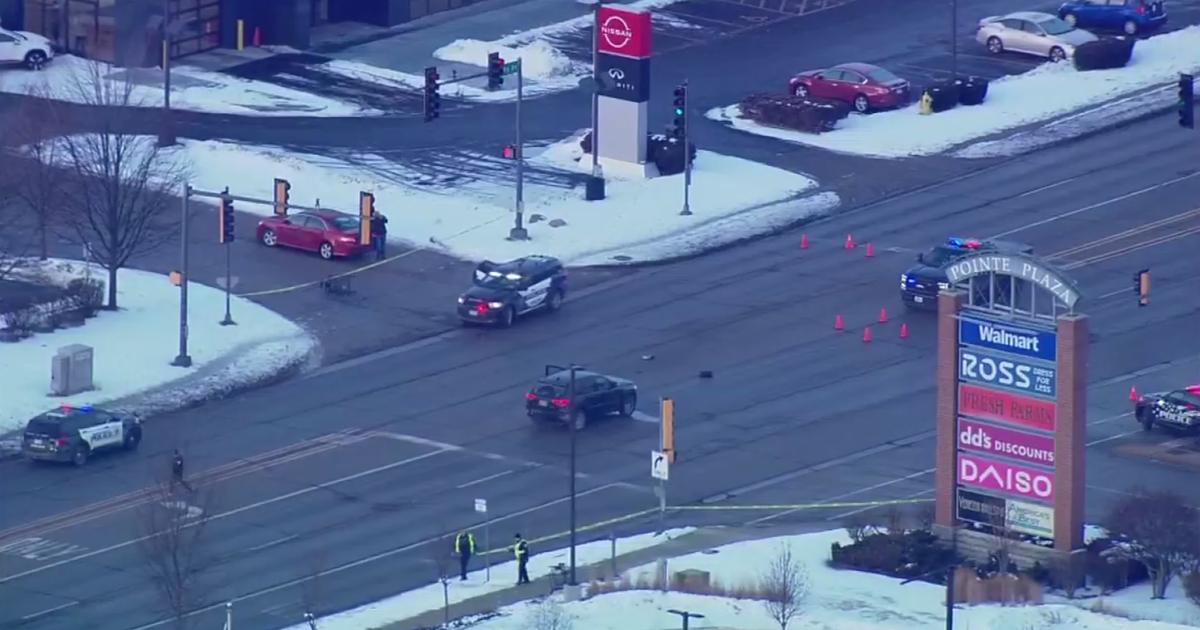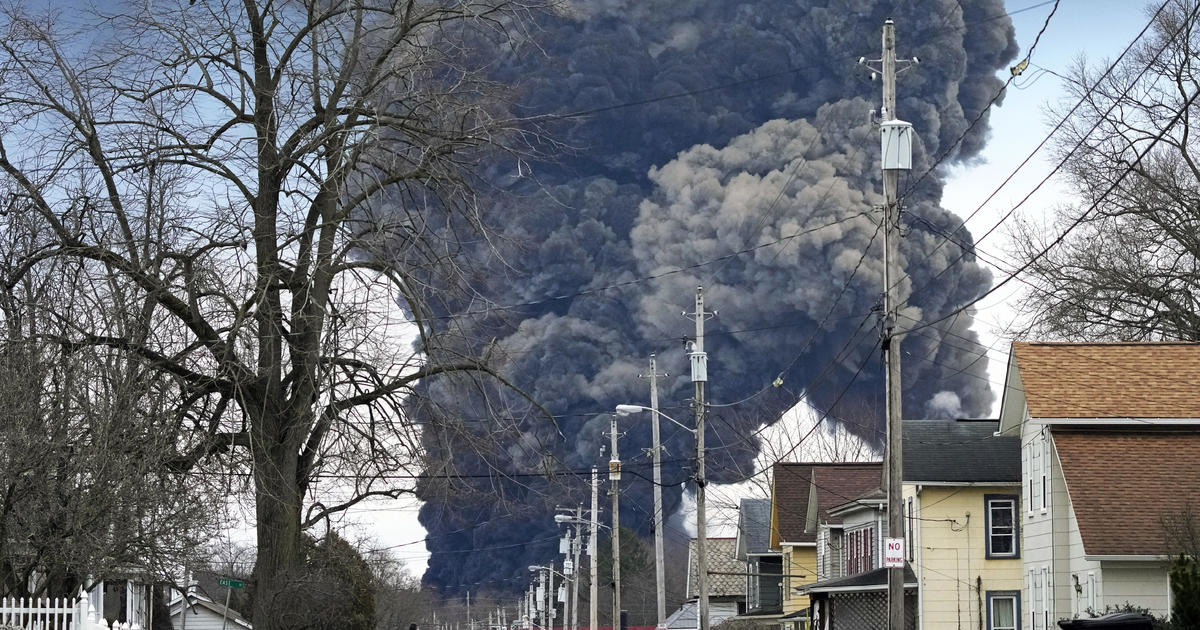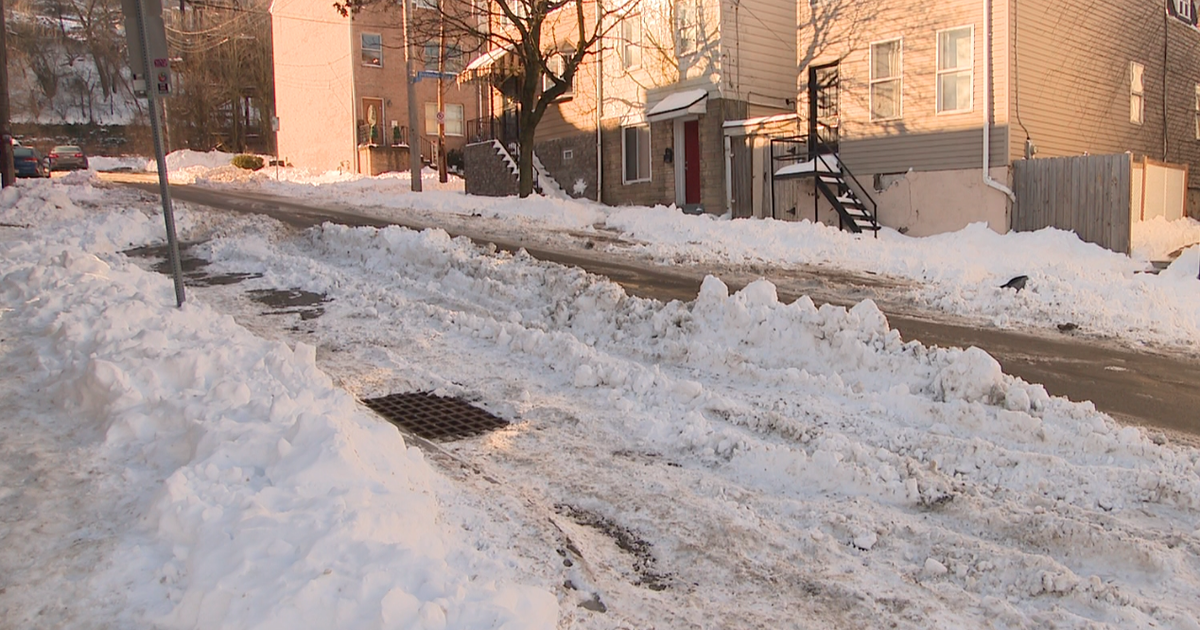How the potential national wide rail strike affects Southern Californians
Southern Californians who depend on Metrolink and Amtrak may need to find a new way to get from point A to point B if a strike can't be averted.
In the United States, 12 unions represent tens of thousands of rail workers. While a majority of the unions have agreed to tentative deals three continue to hold out and are seeking more predictable schedules and work conditions.
As of Wednesday, these three unions are still at the bargaining table and have floated a potential strike, which could begin as soon as Friday at midnight.
While Metrolink and Amtrak do not have direct ties to the negotiations, if a deal is not reached by the deadline both companies will be forced to close some lines and cancel trips.
Metrolink would be forced to cancel some or even all trains in Orange, Ventura and Riverside counties as soon as 8 p.m. on Thursday night. It would continue service for the Ventura County lines but only between L.A. and Moorpark. However, the rail company said it will offer alternate transportation past Moorpark.
For Amtrak, riders in Orange County can continue to catch a train to Oceanside and Fullerton at no additional charge. Commuters will need to use Amtrak's bus service to go from Fullerton to Los Angeles.
Long-distance trips beginning or ending in L.A. will be canceled beginning Thursday.
The potential strike could not only impact commuters but the ports of Los Angeles and Long beach, two major pieces of the nation's infrastructure that heavily rely on trains to move cargo. If a strike happened, an estimated 30% of all U.S. freight shipments could be impacted, creating a bottleneck at the ports similar to what happened earlier this year.
"The system is constrained," said Vyas, who is also a business professor at USC. "It is capped. There is no slack. So, I think this will come and really bite us bad in terms of economic impact."
If the strike were to happen, containers would only be able to be taken out of the truck which would lead to an increased economic crunch.
"Ultimately, the consumer ends up bearing the costs of those disruptions," said Vyas. "So we'll continue to see higher prices, shortages and it could have a huge impact on inflation that's already been high."
Because of the fragility of the supply chain, a strike lasting one week would take several weeks to recover.

